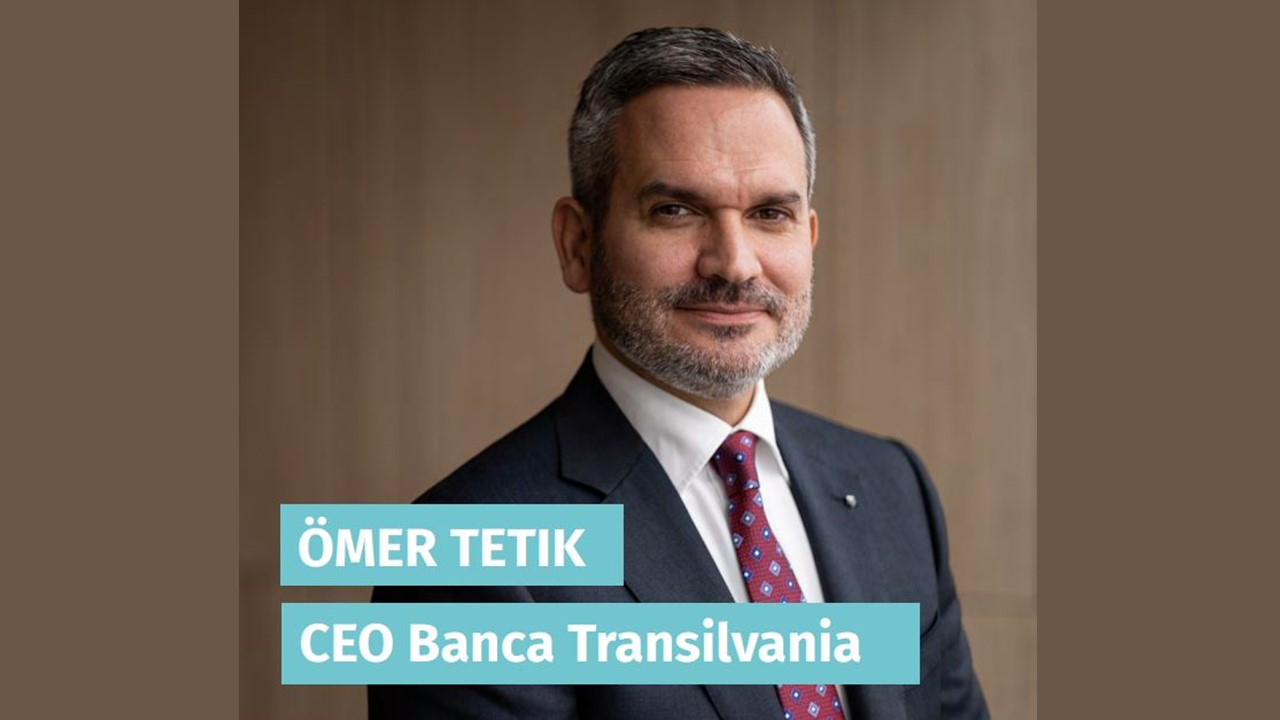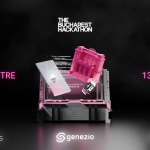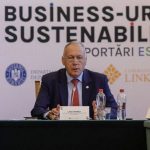
This interview was published in Sustainability Index Magazine 2023: https://sustainabilityindex.ro/sustainability-magazine-2023/
Banca Transilvania’s objectives for the coming years are to consolidate the portfolio of green financing (to grant at least 3.5 billion lei for green projects), maintain the 20% financing of green mortgages, contribute to financial inclusion and continue investing in the bank’s digital transformation.
1. How has the bank’s mission changed since more and more emphasis is placed on sustainability in the business environment?
From the beginning, our mission has been to support and develop the business environment in Romania, through financial products and services, but also through access to financing for companies, entrepreneurs and the population.
Through the way we allocate resources, we play a catalytic role in Romania’s path towards a circular economy. Therefore, we have learned to integrate aspects related to the environment, social impact or the promotion of good governance into our lending practices.
I would like to mention our affiliation with the Principles for Responsible Banking within the UNEP FI (United Nations Environmental Program – Finance Initiative), which helps us to analyze the impact that our activity has from the perspective of the Sustainable Development Goals (SDGs). We are also paying more attention to sectors with high carbon emissions and analyzing the carbon footprint of our portfolio.
2. The topic of Climate Change has been at the top of the agenda for several years and will remain so for a long time to come. How did Banca Transilvania propose to fight against their devastating effects through the partnerships it has?
We choose our suppliers and business partners. Last year (NR: in 2022), 96% of BT suppliers in Romania were local suppliers, selected based on the achievement of ESG criteria, such as energy efficiency and respect for the working conditions and health of employees. We also prioritize the purchase of electricity from 100% renewable sources, and over 80% of our electricity comes from such sources.
Regarding partnerships, starting in 2017 we developed a partnership with the European Bank for Reconstruction and Development (EBRD) whose purpose was to grant green credits to individuals for the purchase of residential properties and for the purchase of goods with superior energy performance. Last year (NR: in 2022), 1 in 5 mortgages granted was green. In the same way, through the Roseff program we granted financing for the optimization of the energy consumption of SMEs. Also, as an official partner of the European Energy Efficiency Fund in Romania, we granted loans for the purpose of improving the energy performance of the financed objectives or the implementation of energy production capacities from renewable sources.
Just last year (NR: in 2022) we signed a financing with IFC (part of the World Bank), which represents a pioneer in Romania and in Central and Eastern Europe in terms of blue economy projects.
This is a new area of interest for us, supporting Romania’s alignment with EU water management requirements and standards, as well as increasing the efficiency of water use in all sectors.
3. What are the most important ESG objectives of the bank for the coming years?
One of these is to strengthen the portfolio of green financing (grant at least 3.5 billion lei for green projects), maintain the 20% financing of green mortgages, contribute to financial inclusion and continue investing in the bank’s digital transformation. We also aim to reduce the intensity of our carbon footprint by increasing the use of renewable energy sources, as well as water, plastic and paper consumption and waste generation.
When it comes to our own team, our goals are to continue to closely monitor the balance of gender, age, and the net salary ratio between men and women with a focus on closing the gap. At the same time, we assume the role of the employer who facilitates learning, investing in periodic up-skilling courses and training.
4. What are the key ingredients of a bank that wants to be a leader in sustainability?
It is essential to prioritize the management of social and environmental risks by identifying, assessing and monitoring them. Also, corporate responsibility is a crucial ingredient.
5. Support for entrepreneurs is a basic pillar for Banca Transilvania. What are the best results you have had following the development of programs dedicated to entrepreneurship?
Entrepreneurship is part of our DNA, therefore supporting it through dedicated programs and projects is part of our core business. An example is Stup, the BT space dedicated to the entrepreneurial community in Romania. Currently, the community has gathered a number of more than 9,000 members.
We are supporters of Romanian start-ups through BT Mic, the microfinance company of the BT Group. With a portfolio that has a weight of approximately 20% start-ups, BT Mic is also the first financier for over 70% of customers.





